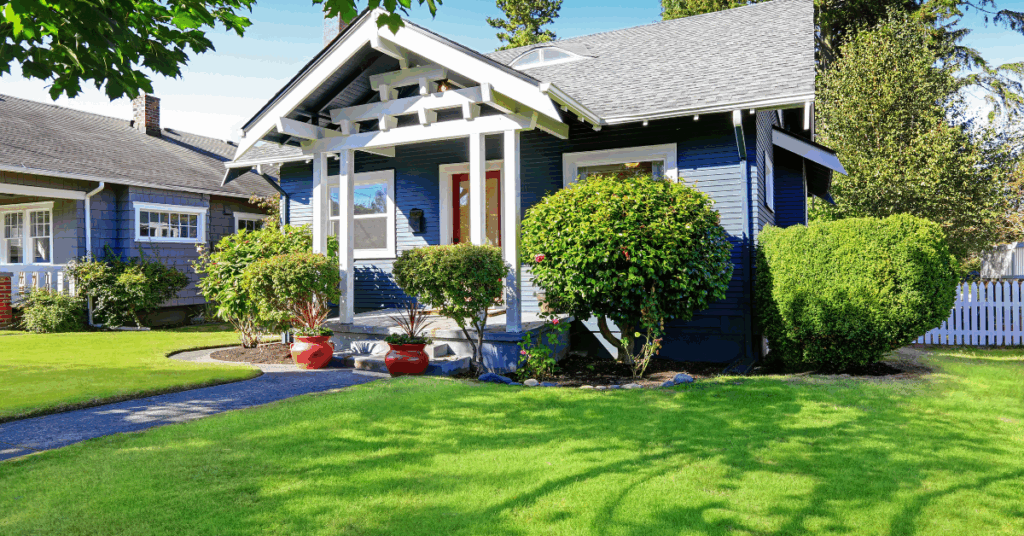You’ve probably heard it before: You need 20% down to buy a house. While that is common, it’s not a rule. Plenty of buyers are able to purchase homes with little upfront cost, and some home loan options don’t require a down payment.
Let’s break down what 20% down really means, the pros and cons, and how to decide what’s best for you.
What Does ‘20% Down’ Mean?
A down payment is the money you pay upfront when buying a home. For example:
- 20% of a $200,000 home = $40,000
People often aim for 20% because it helps you avoid Private Mortgage Insurance (PMI) — an extra monthly cost added to your mortgage when your down payment is smaller. PMI protects the lender in case the borrower stops making payments.
If you put down less than 20%, your monthly payment will likely be higher because of PMI, but it doesn’t mean you can’t buy a home.
Can You Buy a Home With Less Than 20% Down?
Yes! Many buyers use low or no down payment options. Here are a few common loan types:
- FHA Loans – As low as 3.5% down
- Conventional Loans – As low as 3% down
- VA Loans – 0% down (for qualifying veterans or service members)
- USDA Loans – 0% down (for rural areas)
What Happens If You Put Less Than 20% Down?
You’ll likely have to pay PMI. This insurance is added to your monthly mortgage and protects the lender—not you—if you can’t make your payments.
But here’s the good news: PMI is temporary. In many cases, you can cancel it once you build enough equity in your home (usually around 20%).
How Does PMI Affect Your Monthly Payment?
The cost of PMI can vary. A general estimate is under $100 per $100,000 borrowed. If you have good credit, your PMI may be lower.
Benefits of a Bigger Down Payment
- Smaller monthly payments
- Lower total interest over the life of the loan
- No PMI (in most cases)
Why a Smaller Down Payment Might Be Right for You
- Provides more opportunity for buyers
- Keeps funds available for moving, repairs, or emergencies
- Helps first-time homebuyers achieve homeownership
How to Decide What’s Best for You
- Set a monthly budget that fits your lifestyle
- Use our Mortgage Calculator to estimate payments
- Talk to an Honor Credit Union mortgage expert for personalized advice
The Bottom Line: Choose What Works for You
There’s no one-size-fits-all answer when it comes to buying a home. Your financial situation, goals, and timeline all matter.
At Honor, our team takes all of these factors into consideration when helping members purchase a home. Plus, we’re dedicated to helping members improve their credit, build savings, and explore the best loan options. Whether you’re ready to buy now or just starting your journey, we’re here to guide you every step of the way.

